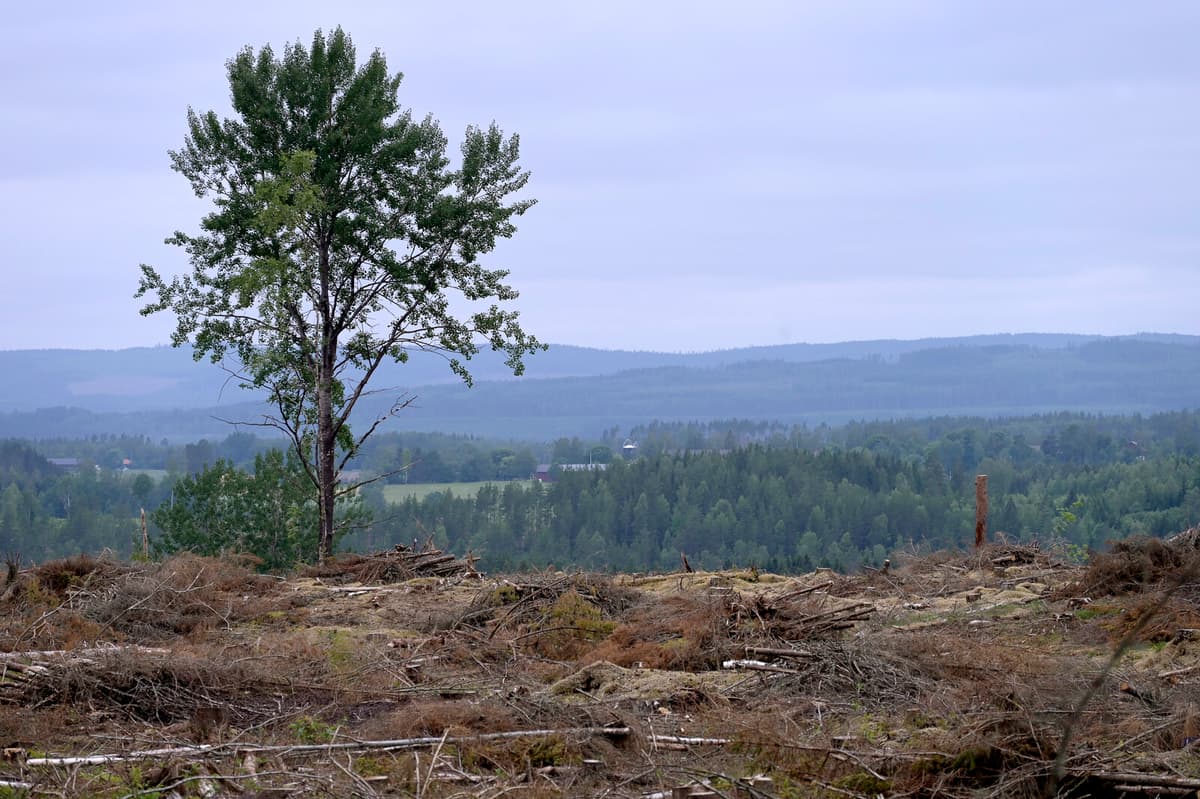In Colombia, the UN's major meeting on biological diversity is underway. Among the thousands of attendees are not only activists and politicians, but also several major banks, and the UN has emphasized how crucial the financial sector is for the green transition.
Danske Bank describes the loss of biological diversity – for example, the destruction of nature – as a risk for many companies.
As a bank, one should therefore help them in their transition and, in the long run, cut off financing to companies that harm nature. Since last year, the bank has brought up green issues in its contacts with 280 corporate customers.
Three industries
They have focused on companies in agriculture, shipping, and forestry – industries that can have a significant impact on the environment. Danske Bank also writes that it is difficult to know what is expected of a bank, and customers are also unsure about the bank's role.
It's not straightforward and very simple, says Sara Lindahl, an expert on sustainable financing solutions at the bank.
One experience is that most companies the bank has been in contact with do not do enough to handle their impact on nature, partly because they do not see the benefit of it. It costs too much, and end customers are not willing to pay for the more expensive products that may result.
To protect biological diversity, agricultural companies may need to leave land fallow, forestry companies may need to have more deciduous trees, and ships may need to take detours to protect, for example, whales.
The bank's role is smaller
Companies' climate efforts may require large investments, where bank loans become important. But in the case of biological diversity, it often involves increased production costs. Then the bank's role becomes smaller, since customers do not need to borrow to the same extent.
Danske Bank is calling for clearer guidelines from policymakers on how the transition should proceed and how companies in different sectors should actually measure biological diversity. There is, of course, a risk that companies will turn to someone else if Danske Bank starts making a lot of environmental demands.
But generally, companies feel that it is positive that we as a bank are active in this issue, says Lindahl.
Danske Bank has compiled a so-called white paper, a policy document with experiences the bank has had in discussing biological diversity with 280 corporate customers. Some of the experiences are that...
... many companies want to discuss and show how they work to protect nature.
... it is difficult to see how companies affect biological diversity because the issue is so complex, and data on various indicators are often lacking.
... companies lack incentives to handle their impact on nature more progressively.
... companies have an unclear picture of the bank's role.






